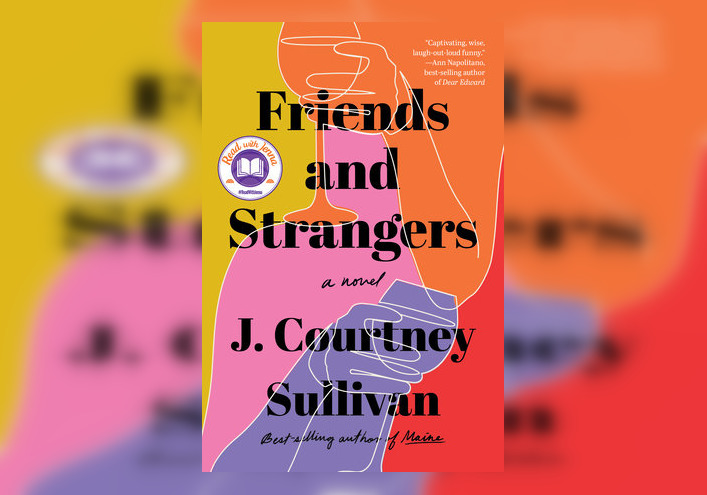Familiar facets of our modern existence—the kinds of things that trend on Twitter—loom large in Friends and Strangers, the fifth novel from J. Courtney Sullivan, out this summer from Knopf. It follows Elisabeth, a New York writer displaced in the suburbs with her husband and newborn son, and Sam, a college student Elisabeth hires as a babysitter. Swirling around them are such attractions as a student rally against unequal pay for university workers, tiffs and tussles within a popular mommy Facebook blog, a social influencer chasing bikini-brand deals, and a book idea decrying the loss of the American identity. It’s a novel that reminds you just how hyper-aware the world has become since, say, the early 2010s—the war between genders, races, classes—and yet never loses sight of its timeless keystone: the strength of the bonds built by women, between women. This, coupled with the trials of stale love, and a fair few lies and secrets, comes together in a story that, at the heart of its 400-something pages, chips away at the stunning intimacy we can sometimes share with strangers.
Jumping between the intelligent yet harried-by-life Elisabeth and the optimistic yet naïve Sam, Friends is a slow burn to a climax that seems tamer than the jacket copy would have you believe for a novel many have referred to in the media as belonging to the genre of ‘women’s fiction.’ There is no murder, no affair, no young children who witness heinous crimes or perhaps commit the heinous crimes themselves. Instead, we find a complicated yet habitual story: Elisabeth in a rut, a new mother whose relationship to her new son and her husband Andrew seems less real, as if almost for show. She finds herself at odds with the gossipy mothers of a book club, within a tight-knit, upper-class suburban community that she views with interest, thinking of the words she could write about them.
Enter Sam, a college student in a maybe-relationship with a 35-year-old British tour guide, Clive, who feels more at home working in the cafeteria on campus than with her privileged classmates. The two women meet when Elisabeth hires Sam as a babysitter, and over time, become closer than close.
We inhabit the lives of these two women over numerous events and catastrophes in their lives. From Sam’s embrace of a student movement to secure equal pay for her colleagues and her budding romance with the enigmatic but well-meaning Clive, to Elisabeth’s fraught relationship with her social influencer sister and her acknowledgment of complicity pertaining to her wealthy, irresponsible father, Sullivan populates her neighborhood with tense dinners, dorm room arguments, and the like. But above the rich images comes the central question: a babysitter is given the keys—quite literally—to the most intimate parts of a parent’s life. Just how much does Elisabeth let Sam in, and how much does Sam let herself? And given the close personal nature of their working dynamic, did either really have a choice?
Though relatively hefty—pages considered—Friends and Strangers passes quickly. Sullivan pulls together a narrative dotted with vivid characterizations, particularly of women, that enrich a world, our world, captured in the prose.




